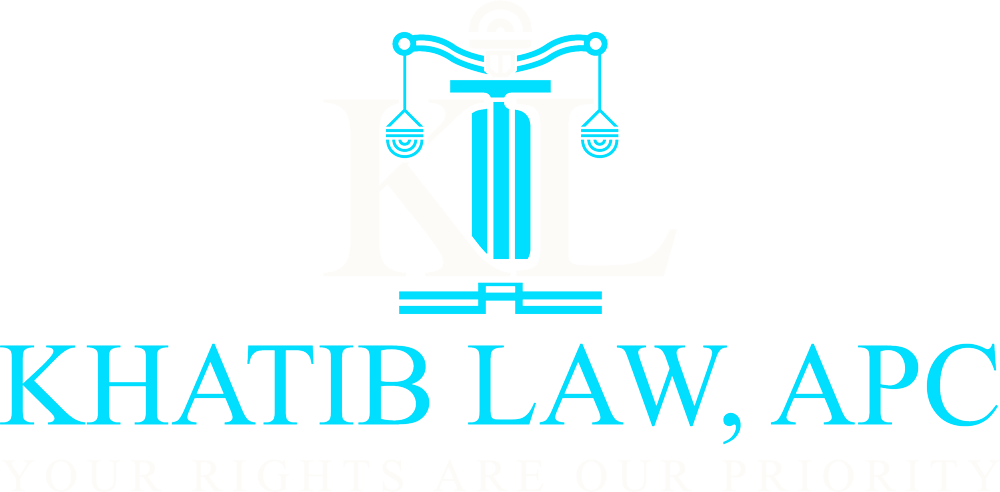It is not virtuous or even commendable to suffer silently in the face of harassment, discrimination or retaliation from your employer. An employer, manager or supervisor that engages in bad behavior will likely repeat that behavior if they are not held accountable for it. Your silence robs you of compensation. It could damage your future employment prospects and emotional well-being. It may also lead to unforeseen, destructive societal consequences.
To assess the societal implications, it is useful to examine California’s Fair Employment and Housing Act, or FEHA. The mission of FEHA is to protect employees in California from discrimination and harassment by providing employees legal avenues to hold their employers accountable (i.e. make them pay you money) for harassing, discriminatory or retaliatory conduct. This legal framework is vital on both a micro and macro level. On a micro level, it provides aggrieved employees with a path to compensation for employer misconduct. On a macro level, it serves as an impetus for employers to take the necessary steps to minimize instances of harassment and discrimination in the workplace.
In California, employers pay massive sums of money to settle harassment, discrimination and retaliation claims. Trial verdicts for plaintiffs in employment cases are often well above six figures and sometimes reach seven and eight figure sums. As a result, prudent employers take significant and costly steps to reduce the possibility of misconduct that might violate FEHA. This includes policy development and employee training that emphasizes opposition to harassment, discrimination and retaliation in the workplace. This emphasis on improving policies and practices to avoid FEHA claims (in order to avoid paying large settlements and trial awards), has undoubtedly advanced the overarching goal of FEHA, reducing harassment and discrimination in the workplace. That is precisely how FEHA was designed to work.
The advancement of FEHA’s purpose has been made possible by employees’ willingness to use its legal framework to hold employers accountable. If employees instead decided to ignore FEHA and accept harassment and discrimination at work, employers would undoubtedly place less emphasis on preventing harassment and discrimination. If discrimination and harassment do not cost the employer anything than why would they try so hard to prevent it? Employees that ignore wrongful conduct by their employers are inviting more of it.
This dynamic is apparent in any number of straightforward examples. If a supervisor sexually harasses his female subordinate and suffers no consequences, he is more likely to repeat his misconduct. What will happen to this supervisor’s next female subordinate? Or, what if a district manager criticizes Hispanic store managers more harshly for substantially the same performance/conduct of non-Hispanic store managers? What if this harsher approach led to employment termination for a Hispanic store manager who was performing at the same level as his non-Hispanic counterparts? If the Hispanic store manager decides to ignore this discriminatory conduct, what are the chances the district manager will stop his discriminatory behavior?
Speaking out against employer misconduct is not easy. It is difficult to measure with precision how often employer misconduct remains unreported. 1 university study on sexual harassment in the workplace estimated that 99% of sexual harassment incidents go unreported. The fear of retaliation leaves far too many victims believing silence is their best option. FEHA provides a better option. A victimized employee can fight back and pursue substantial financial compensation. An employee that fights against employer misconduct can also rest easier knowing they are helping reduce harassment and discrimination in the workplace.
An employee that fights against employer misconduct can reap personal financial benefit while advancing the cause of justice in the workplace.

